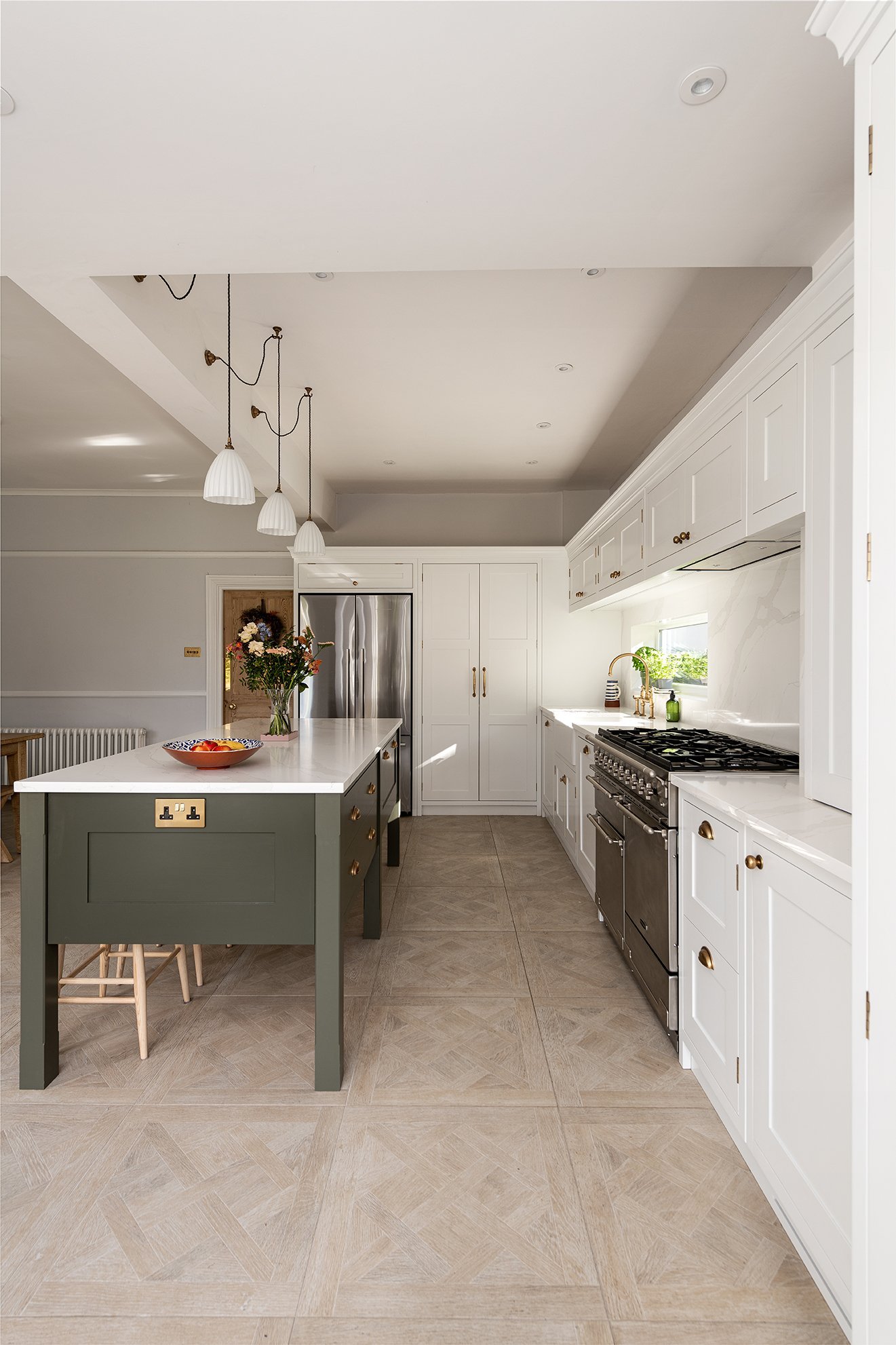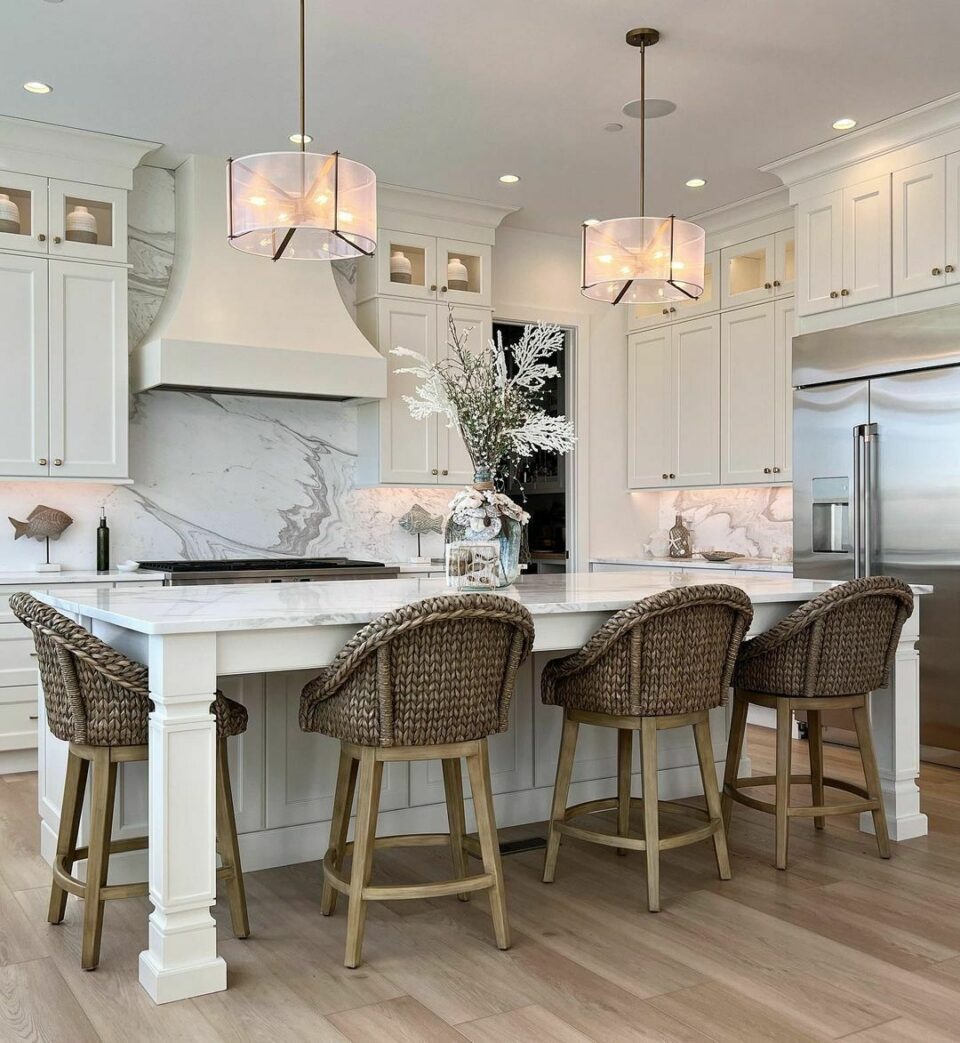Find Resilient and Ornamental Legs For Kitchen Island Improvements
Find Resilient and Ornamental Legs For Kitchen Island Improvements
Blog Article
An Overview to Choosing the Perfect Legs For Kitchen Island for Your Home
Choosing the suitable legs for your kitchen island is a nuanced decision that influences both the capability and visual charm of this central space. As you take into consideration these components, it comes to be noticeable that the appropriate legs can transform not just the appearance of your kitchen area but likewise its functionality for years to come.

Recognizing Kitchen Area Island Legs
When picking legs for a kitchen area island, it's necessary to understand their practical and visual roles in the total design. The legs work as a critical assistance system, guaranteeing security and resilience for the island, which frequently works as a workspace, eating area, or gathering place. The choice of material and building strategy have to be robust sufficient to hold up against day-to-day use and prospective wear.
Along with their architectural duties, legs add considerably to the island's visual charm. They can improve the kitchen area's design, whether via typical, modern, or diverse layouts. The elevation and percentage of the legs are additionally vital considerations; they must integrate with the island's kitchen counter height while ensuring comfy seating for those using the area.
Furthermore, the leg layout can affect the general flow of the kitchen area. Open, ventilated leg designs can produce a sense of agility, while solid, considerable legs may share an extra based and steady visual - Legs For Kitchen Island. Comprehending these practical and aesthetic aspects will certainly lead house owners in making educated selections that enhance their kitchen area's design and improve its usability
Popular Styles and Materials
The selection of legs for a kitchen island includes a selection of prominent styles and materials, each offering special characteristics that can improve both capability and appearances. Conventional legs commonly exhibit elaborate information and craftsmanship, boosting classic cooking area designs.
:max_bytes(150000):strip_icc()/pink-marble-tile_House-of-Harvee-9f030193ae38484a9cb7ea2d71af66f4.jpg)
Elevation and Stability Factors To Consider

The legs of the cooking area island must supply appropriate assistance, making certain that the structure can withstand day-to-day use without wobbling or changing. Material choice plays a substantial function in stability; metal legs, for circumstances, often tend to offer greater toughness compared to wood.
Matching Your Cooking Area Visual
Choosing the ideal legs for your kitchen island exceeds capability; it also plays a substantial role in the general visual of the room. When selecting legs, take into consideration the layout style of your kitchen. For a modern appearance, sleek metal or minimal layouts see this site can develop a clean, contemporary ambiance. On the various other hand, rustic or conventional cooking areas commonly gain from wood legs with intricate outlining or a troubled coating, enhancing warmth and personality.
Shade is another critical variable. Legs that complement or contrast with your island's surface area and bordering cabinets can produce visual harmony or striking focal points. For example, coupling dark wood legs with a light marble countertop can add deepness and passion. Additionally, consider the coating of the legs; matte, glossy, or textured finishes can substantially affect the overall feel of the kitchen.
Installation and Maintenance Tips
Installing cooking area island legs needs careful attention to detail to guarantee why not look here both stability and visual appeal. Use a stud finder to situate wall surface studs if you are attaching the legs to a wall or utilizing brackets for added assistance.
When securing the legs, utilize top quality screws and, if required, timber adhesive for extra strength. For metal legs, make sure that you are utilizing proper supports and tools to stop damages to your floor covering. It is advisable to look for levelness after installment, making adjustments as needed to avoid tottering.
Tidy the legs with an ideal cleaner, staying clear of unpleasant materials that may scratch the surface. By following these installation and upkeep suggestions, you can make sure that your kitchen area island legs stay both functional and aesthetically appealing.
Verdict
In final thought, selecting the appropriate legs for a kitchen island demands careful factor to consider of height, stability, and visual compatibility. Ultimately, thoughtful leg option plays an important role in boosting both the functionality and design of the kitchen area space.
When picking legs for a kitchen area island, it's important to recognize their visual and practical roles in the total design. Open, ventilated leg styles can develop a sense of agility, while strong, significant legs might convey a much more grounded and secure aesthetic. The legs of the kitchen area island need to provide appropriate support, making sure that the framework can endure everyday usage without shifting or wobbling.Mounting kitchen area island legs requires cautious interest to information to guarantee both security and visual allure.In verdict, choosing the ideal legs for a kitchen area island demands cautious factor to consider of elevation, stability, and aesthetic compatibility.
Report this page